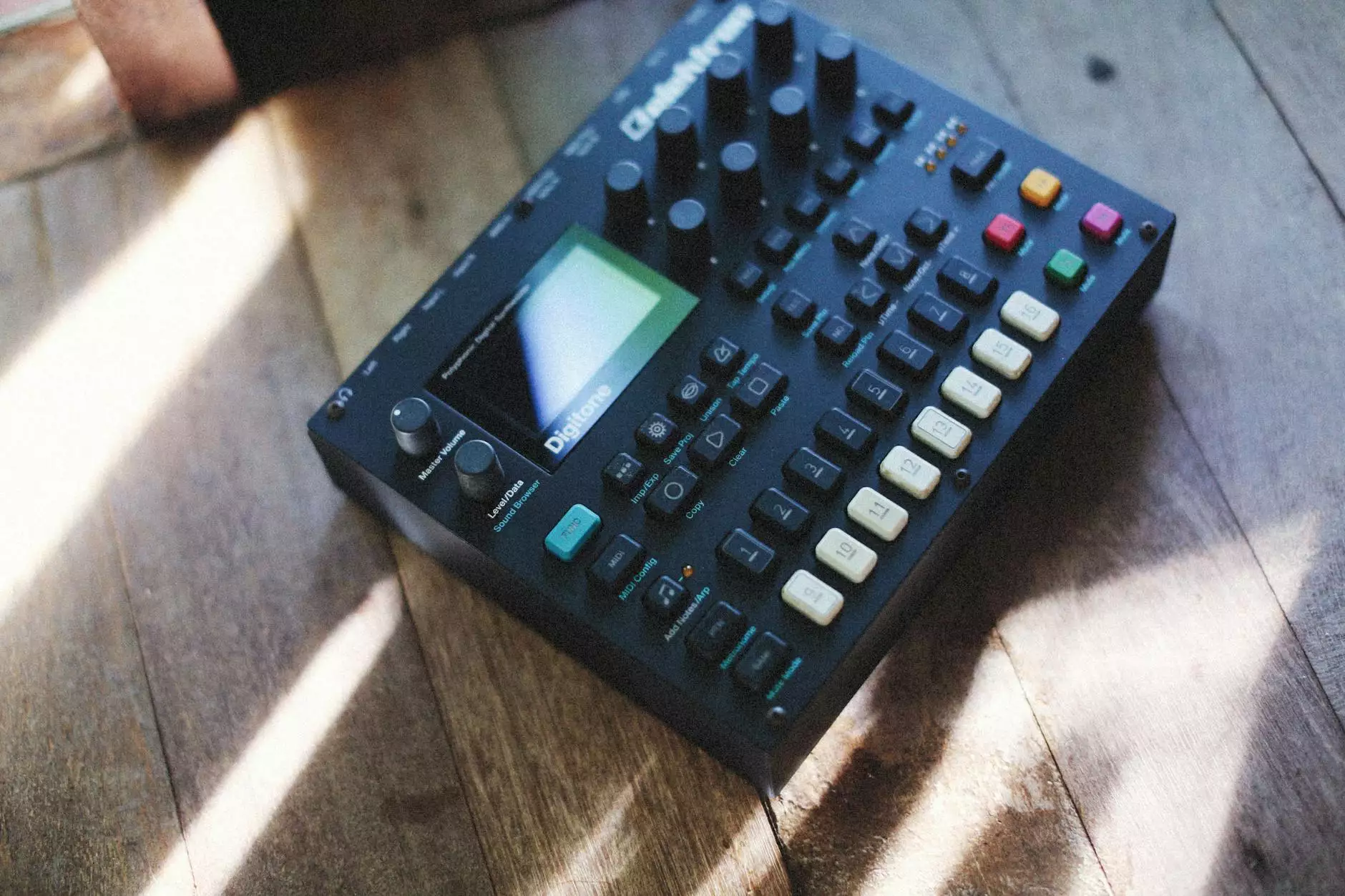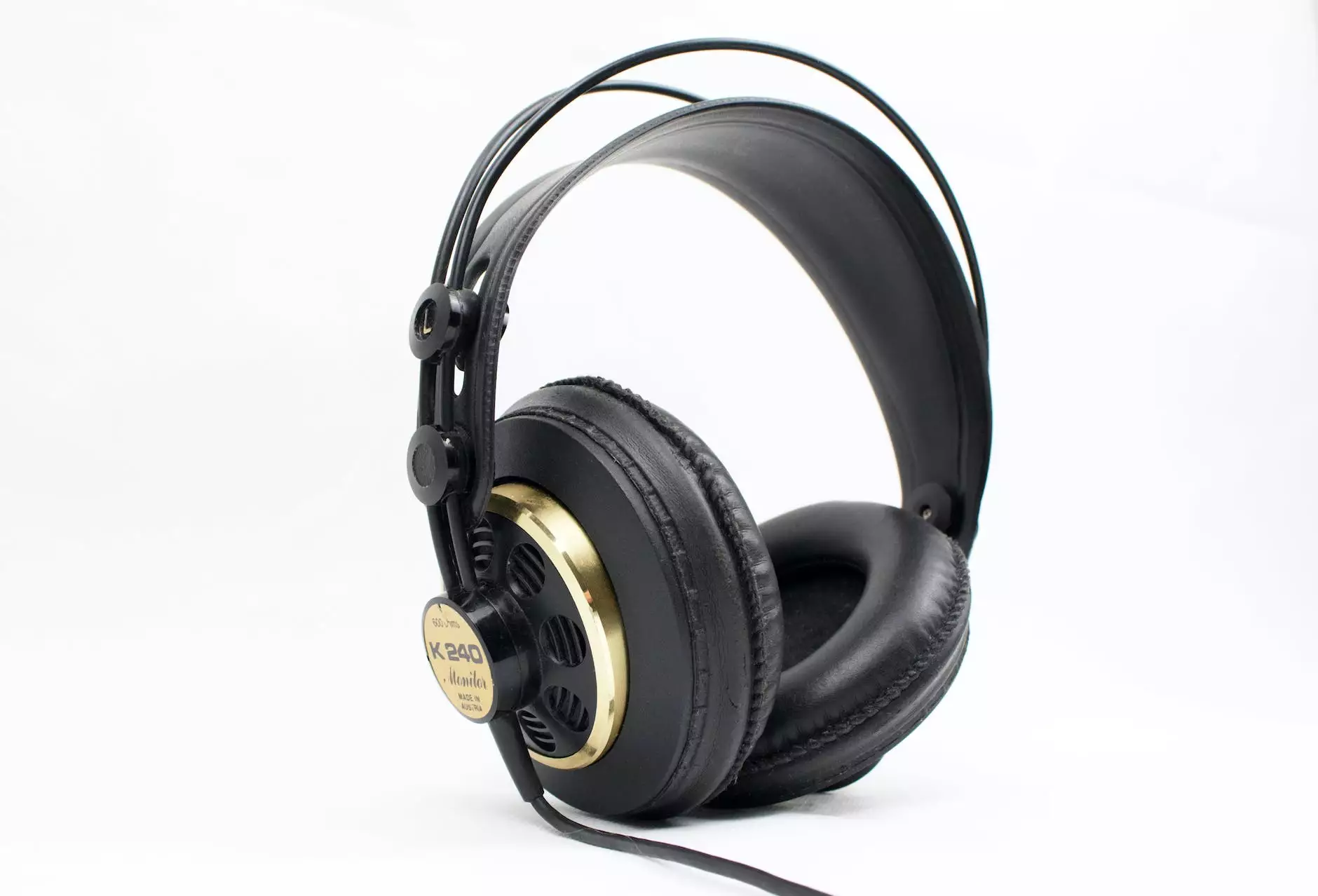Essential Brain Surgery Instruments: Elevating the Standard of Care

In the ever-evolving field of medicine, brain surgery instruments play a pivotal role in enhancing the safety and effectiveness of surgical procedures. As the demand for precision in neurosurgery grows, it's imperative to understand not only the different types of instruments available but also their specific applications and innovations.
Understanding Brain Surgery Instruments
Brain surgery instruments are specialized tools designed for performing surgeries on the brain and surrounding structures. These instruments must be meticulously crafted to meet the highest standards of safety and effectiveness. The demand for high-quality medical instruments has led to advancements that significantly improve surgical outcomes. Hence, knowing about these tools is crucial for both medical practitioners and patients.
The Importance of Brain Surgery Instruments
The success of any neurosurgical procedure largely hinges on the quality and functionality of the instruments used. Key benefits include:
- Precision: High-quality instruments allow surgeons to operate with remarkable accuracy, minimizing the risk of damage to healthy brain tissue.
- Safety: Advanced materials and designs enhance the safety of surgical procedures, towards reducing the risk of infections and complications.
- Efficiency: Instruments designed for specific tasks streamline the surgical process, significantly reducing operation time.
- Patient Outcomes: Improved instruments contribute to better recovery rates and overall patient satisfaction.
Types of Brain Surgery Instruments
1. Scalpels and Blades
Scalpels are fundamental to any surgical toolkit. In brain surgery, they are used to make the initial incisions on the scalp and skull. The precision and sharpness of a scalpel directly affect the surgeon’s ability to reduce trauma to surrounding areas.
2. Forceps
Forceps provide surgeons with the capability to grasp tissues delicately. Various types, such as tissue forceps or hemostatic forceps, are designed to handle specific types of tissue under varied conditions, ensuring minimal disruption during surgery.
3. Scissors
Scissors come in many forms and sizes for different surgical needs. In brain surgery, they are crucial for cutting through delicate tissues securely and precisely. Specialized scissors such as micro scissors allow for intricate maneuvers.
4. Retractors
Retractors are essential for providing visibility by holding back tissues. They come in various shapes that suit different anatomical regions. The ability to maintain a clear line of sight during surgery is vital for successful outcomes.
5. Suction Devices
During surgery, blood and other fluids can obscure visibility. Suction devices help to clear these fluids away, allowing surgeons to focus on the task without disruption.
6. Electrocoagulators
These instruments are used to control bleeding during surgery by applying heat to blood vessels. This minimizes blood loss, which is critical in brain surgery where precise blood flow control is needed.
7. Specialized Instruments
With advancements in technology, specialized instruments such as endoscopes and neuronavigation systems have emerged. Endoscopes allow for minimally invasive procedures, greatly reducing recovery time and trauma to surrounding tissues.
Innovations in Brain Surgery Instruments
The field of neurosurgery is not static; it continually embraces innovations that enhance the effectiveness and safety of procedures. Some notable advancements include:
1. Robotics and Automation
Robotic systems in surgery allow for enhanced precision and control. These systems enable surgeons to perform complex procedures with greater accuracy and fewer complications. The integration of robotics is revolutionizing the way brain surgeries are conducted.
2. Imaging Technologies
Technologies such as MRI and CT scans are now integrated with surgical instruments, allowing surgeons to visualize the brain in real-time during operations. This is particularly beneficial in tumor removal and other complex procedures where precise location knowledge is essential.
3. Advanced Materials
Many new instruments are being developed using lightweight, durable materials that enhance maneuverability while maintaining strength. Besides, anti-microbial coatings are being utilized to reduce the risk of infection during and after surgery.
Choosing the Right Brain Surgery Instruments
For healthcare professionals, selecting the appropriate brain surgery instruments is crucial for ensuring successful outcomes. Important factors to consider include:
- Quality: Instruments should meet international standards for medical devices.
- Functionality: Each tool must serve a clear purpose and excel in its intended use.
- Durability: Tools should withstand repeated use and sterilization without degradation.
- Ergonomics: Instruments should feel comfortable in hand, allowing for extended situations without causing strain.
The Future of Brain Surgery Instruments
As technology continues to advance, the future of brain surgery instruments looks promising. Emerging trends include:
1. Increased Personalization
As 3D printing technology evolves, it allows for the customization of instruments tailored to the specific needs of individual patients. This could enhance surgical precision and outcomes even further.
2. Integration of Artificial Intelligence
AI is making its way into surgical instruments, offering surgeons data-driven insights during procedures. This could lead to better decision-making and further improved success rates in delicate brain surgeries.
3. Telemedicine and Remote Surgery
With advancements in connectivity and technology, remote surgery may become a reality. Instruments that can be controlled from afar may allow for specialists in any part of the world to perform surgeries in locations deprived of qualified specialists.
Conclusion
The significance of brain surgery instruments cannot be overstated in the field of neurosurgery. As technology continues to evolve, the instruments used in these delicate procedures are becoming increasingly sophisticated, changing the standard of care and improving patient outcomes. Healthcare professionals must stay informed about the latest advancements and ensure they are equipped with the best tools available for the task.
By investing in high-quality medical instruments, healthcare providers can ensure they are prepared to meet the complex challenges of modern brain surgery, ultimately leading to better patient safety and outcomes.
Learn More at New-Med Instruments
For more information on high-quality brain surgery instruments, please visit us at new-medinstruments.com. Discover a wide range of products that enhance surgical performance and safety.









